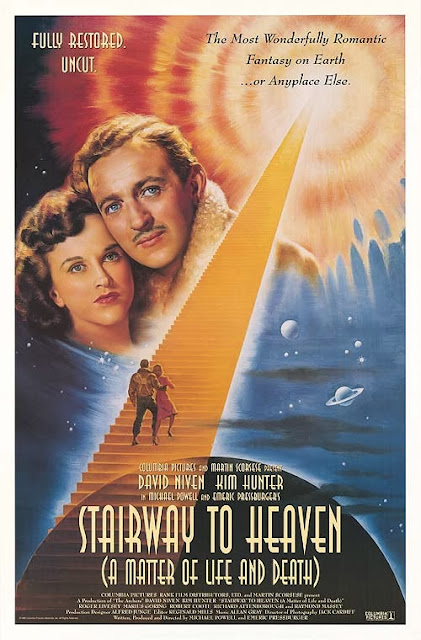☆ ☆ ☆ ☆ ½
Stray Dog (1949) -- A. Kurosawa
Early Kurosawa film
(though actually his 9th) that mixes a noirish detective story with a
humanistic look at post-war Tokyo and its underbelly on the hottest day of the
year. This has long been one of my
favorite of his films, due in part to the wise and warm portrayal of the senior
cop by Takashi Shimura. Mifune shows his
usual intensity as the wet-behind-the-ears junior detective who loses his
pistol, which is then used in a series of crimes. Kurosawa uses surprisingly short shots,
especially at the start where we launch right into the plot and exposition is
handled deftly; lots of wipes and dissolves as usual, but a number of extended
montages (with superimpositions) that show us in neorealist style the
struggling denizens of Tokyo. In the
end, two paths are suggested for "apres-guerre" youth: alienation or
responsibility; Mifune and the perp are cleverly matched as two sides of the
same coin. Despite these larger themes, Stray Dog remains an exciting and
gritty detective story.







.jpg)





